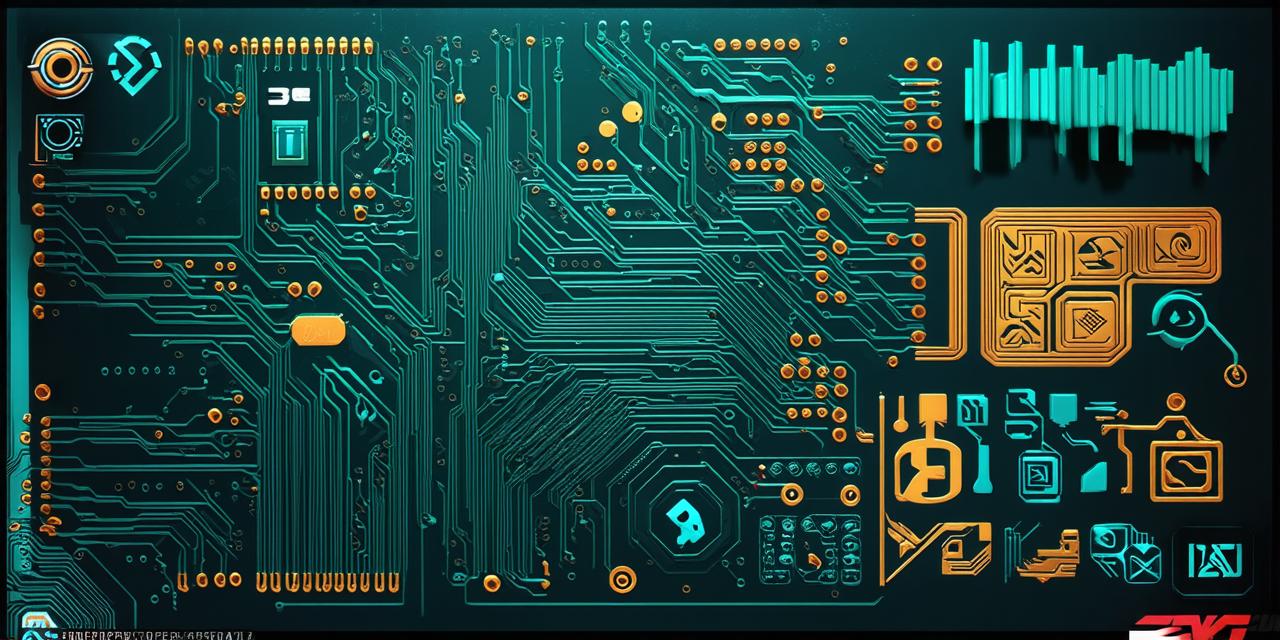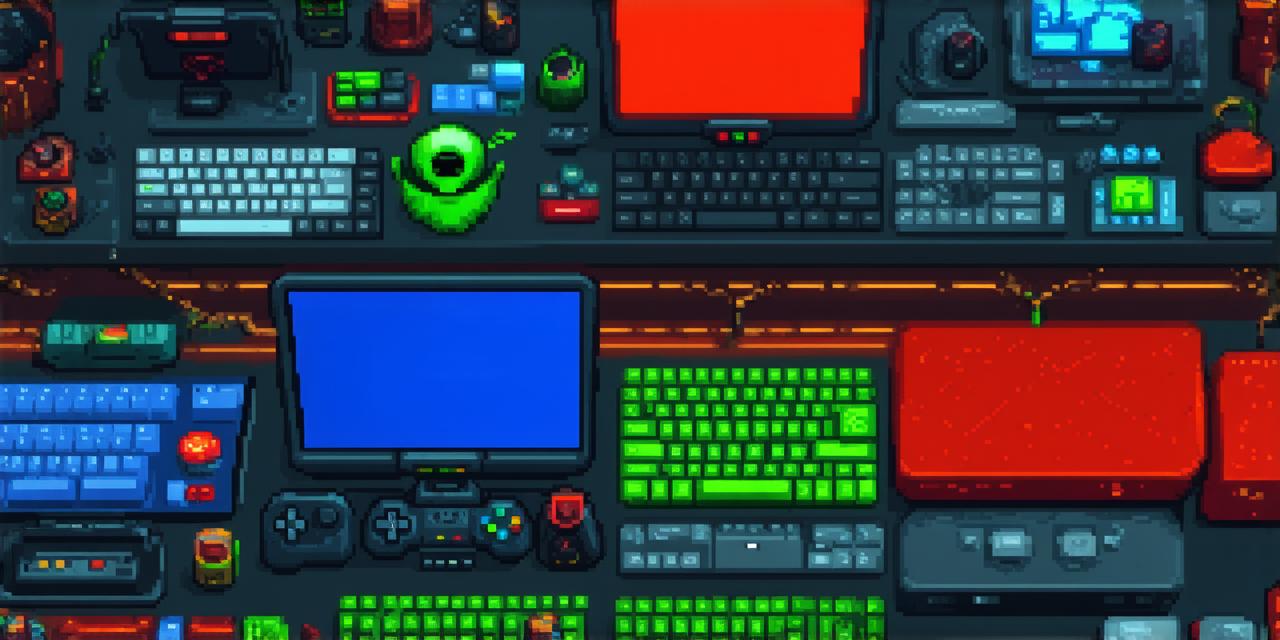C++ is a powerful and widely used programming language in game development. It offers high performance, low-level control, and flexibility, making it the go-to choice for many developers. In this article, we will explore how to start learning C++ for game development, including its benefits, requirements, and best practices.
Benefits of Learning C++ for Game Development
1. High Performance: C++ is a compiled language, which means that it executes code directly without interpreting it. This results in faster execution times and better performance compared to interpreted languages like Python or Java. In game development, high performance is critical for creating smooth and responsive games.
2. Low-Level Control: C++ provides developers with direct access to the computer’s hardware, allowing them to optimize code and achieve high-level performance. This makes it ideal for creating games that require complex graphics, physics, and AI algorithms.
3. Flexibility: C++ is a versatile language that can be used in various domains, including game development, system programming, and software engineering. It also has a large and active community of developers who contribute to its growth and development.

4. Portability: C++ is platform-independent, meaning that code written for one operating system or hardware can run on another without modification. This makes it easy to develop games that can be played across multiple platforms, including Windows, Mac, Linux, and consoles.
Requirements for Learning C++ for Game Development
1. Basic Programming Knowledge: While C++ is a powerful language, it requires some basic programming knowledge to get started. Developers should have experience with programming concepts like variables, data types, loops, and functions.
2. Computer Hardware: C++ code needs to be compiled, which requires a computer with a C++ compiler installed. Developers can use free or commercial compilers, depending on their needs.
3. Time and Effort: Learning C++ takes time and effort. Developers need to commit to learning the language and practicing regularly to become proficient. It is also essential to be patient and persistent as C++ has a steep learning curve.
Best Practices for Learning C++ for Game Development
1. Start with Basics: Before diving into advanced concepts, developers should start with the basics of C++, including data types, variables, loops, and functions. This will provide a strong foundation for more complex topics.
2. Use Online Resources: There are many online resources available for learning C++, including tutorials, videos, blogs, and forums. Developers can also join coding communities to connect with other developers and get help when needed.
3. Practice Regularly: Consistent practice is key to becoming proficient in C++. Developers should set aside time each day to write code, solve problems, and experiment with different concepts.
4. Join a Coding Community: Joining a coding community can be helpful for beginners as it provides a supportive environment where they can connect with other developers, get feedback on their code, and learn from more experienced programmers.
5. Experiment with Projects: Experimentation is an essential part of learning any programming language. Developers should try to build small projects using C++, starting with simple games or applications to gain experience and confidence in their skills.
6. Learn From Real-Life Examples: Learning from real-life examples can help developers understand how C++ is used in game development. They can look at open-source game engines like Unity or Unreal Engine and study the code to learn from the experts.
Real-Life Examples of Games Developed with C++
1. Unity: Unity is a popular game engine that supports C++ as one of its scripting languages. Many games developed using Unity are written in C++, including popular titles like PUBG and Among Us.
2. Epic Games Launcher: Epic Games Launcher is the official client for Epic Games Store, which uses C++ as its primary programming language. The launcher is responsible for managing game updates, purchases, and user accounts.
3. Valve’s Source Engine: Valve’s Source Engine is used to develop many of Valve’s games, including Half-Life, Counter-Strike, and Team Fortress. The engine is written in C++ and provides high-performance graphics and physics rendering.
4. Steam: Steam is a popular digital distribution platform that uses C++ as its primary programming language. The platform manages game updates, purchases, and user accounts for millions of users worldwide.
FAQs
1. Is learning C++ necessary for game development?
While C++ is not the only programming language used in game development, it is widely used due to its high performance, low-level control, and flexibility. Learning C++ can provide developers with valuable skills that are applicable across various domains.
2. How long does it take to learn C++ for game development?
The time it takes to learn C++ for game development depends on the developer’s background and experience. However, with consistent practice and dedication, beginners can become proficient in C++ within several months to a year or more.
3. Can I use other programming languages alongside C++ in game development?
Yes, many game engines like Unity support multiple programming languages, including C++, JavaScript, and BooLang. Developers can use the language that best suits their needs and skills for different parts of the game development process.
4. Do I need a degree in computer science to learn C++ for game development?
While a degree in computer science can be helpful, it is not necessary to learn C++ for game development. With determination and dedication, anyone can learn C++ and apply its skills to game development.
5. What resources are available for learning C++ for game development?
There are many resources available online for learning C++ for game development, including tutorials, videos, blogs, forums, and coding communities. Developers can also join online courses or bootcamps to get structured learning experiences.



